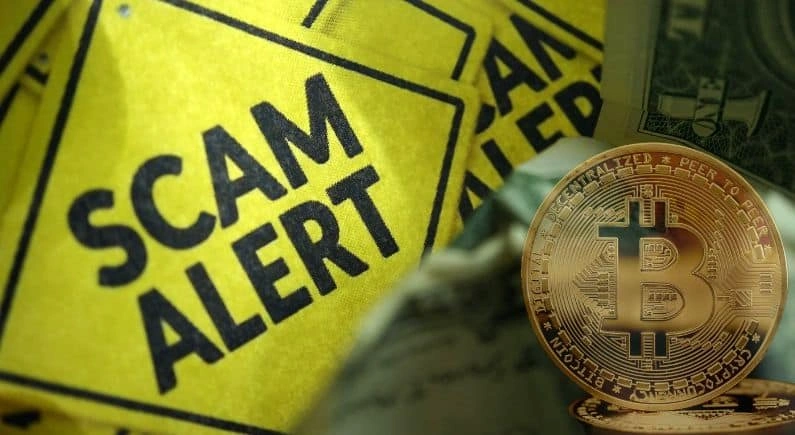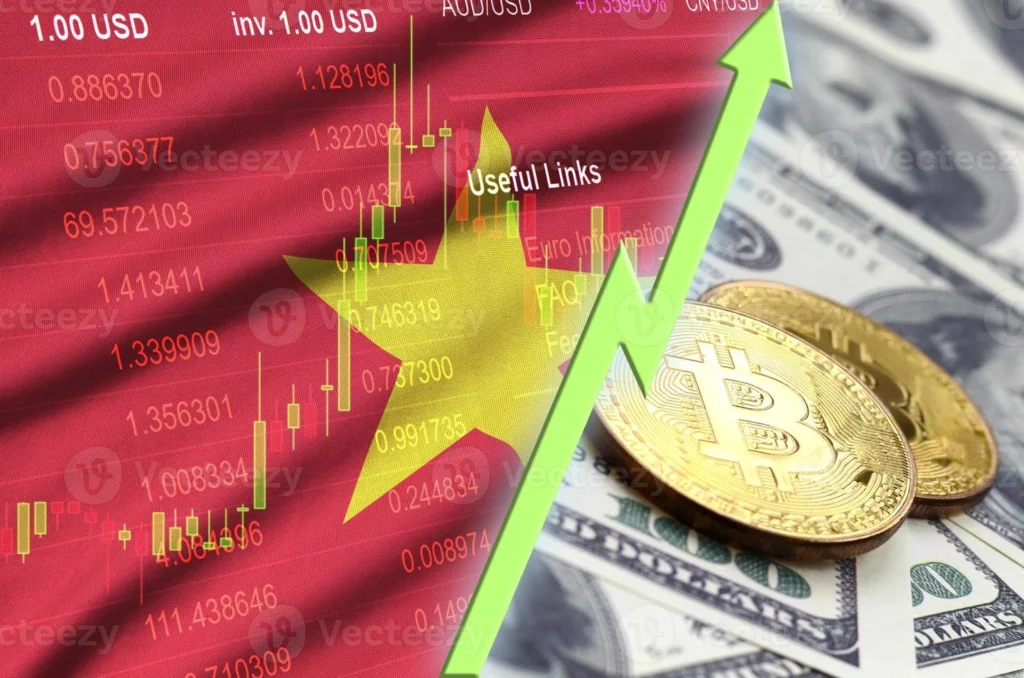Cryptocurrency adoption in Vietnam is booming — but unfortunately, so is crypto-related fraud. From sophisticated phishing apps to fake exchanges, crypto scams in Vietnam are not just more common but harder to detect. For those trying to enter the market or simply keep their digital assets safe, the landscape can feel uncertain and, at times, overwhelming.
This FAQ-style column tackles seven of the most relevant questions Vietnamese crypto users are asking today — and offers clear, actionable secure trading tips in response, based on real user behaviors and recent fraud patterns.
Why are crypto scams becoming so widespread in Vietnam?

Credit from Crypto Council for Innovation
Vietnam’s crypto boom has attracted attention for all the right — and wrong — reasons. With high adoption rates and a young, tech-savvy population, the market has grown rapidly. Unfortunately, this also makes it a target for fraudsters who take advantage of newcomers unfamiliar with blockchain technology or investing basics. Many scams disguise themselves as legitimate investment platforms, especially during times of high market hype or Bitcoin price surges, when investor FOMO kicks in.
What types of crypto scams are most common in Vietnam right now?

Credit from Medium
The most reported scams involve fake wallets, pyramid schemes, impersonation on messaging apps, and fraudulent investment groups. Many of these platforms offer what sound like golden opportunities: daily returns, limited-time offers, or “guaranteed profits.” Others create clones of well-known crypto platforms and trick users into entering their login information. In Vietnam, scams often spread through Zalo, Facebook, or TikTok, making them feel deceptively personal and familiar.
How can I verify whether a crypto trading platform is safe to use?
Start by researching the platform’s registration and regulation status — even if it’s marketed locally. Check if it’s listed on global exchange watchdog lists. Read reviews from Vietnamese traders in online forums such as Reddit or official Telegram groups. Reputable platforms usually have transparent company details, proper Vietnamese language support, and multi-factor authentication systems.
Avoid clicking on trading links sent via private messages or group chats, and always verify the site URL yourself. One typo could land you on a fake site, built to mimic a legitimate interface.
What are practical secure trading tips that I can apply today?
Simple steps can make a big difference. Always enable two-factor authentication (2FA) on your exchange account. Use cold wallets for holding large amounts of crypto — keeping them offline reduces exposure to online threats. Regularly update your passwords and avoid reusing them across platforms. And never — under any circumstances — share your seed phrase or private keys, even with someone claiming to be from a “support team.”
In Vietnam, many cautious investors use word-of-mouth vetting through crypto communities before engaging with new platforms. Shared experience can often reveal red flags missed in solo research.
How do scammers usually approach their targets in Vietnam?

Credit from AIBC
Social engineering is key. Scammers often pose as investment mentors or even celebrities, using realistic-looking profiles. They might initiate contact via dating apps, social networks, or crypto discussion groups. Once rapport is established, they push users toward scam platforms or fake trading apps. The fraud often begins with small “successful” trades that appear profitable, tricking victims into depositing more money over time.
Because many of these messages are in Vietnamese and use familiar cultural cues, they appear especially trustworthy, which makes detection even harder.
What should I do if I’ve already been scammed?
If you suspect you’ve fallen for a scam, stop all activity immediately. Document everything — screenshots, wallet addresses, transaction IDs — and report the case to Vietnam’s Ministry of Public Security (Department for Cybercrime). While asset recovery is rare, your report helps build stronger cases for broader enforcement.
You can also share your experience anonymously in crypto safety forums to warn others. Some users have found value in collaborating with digital security communities that track wallet fraud patterns and alert others to ongoing threats.
Is there any real example of crypto fraud in Vietnam that people should learn from?
Yes — one notable case involved a fake exchange launched through a Telegram group that promised early-bird access to “new coins.” It used a sleek Vietnamese interface and targeted university students in Hồ Chí Minh City. Initial deposits appeared successful, but withdrawals were suddenly disabled, and the group vanished overnight. Many victims never saw their money again.
Stories like this aren’t rare. They remind us that crypto scams in Vietnam aren’t always big, dramatic crimes — they often unfold quietly, targeting people who never thought they’d fall for one.
Conclusion: Staying Smart About Crypto Scams in Vietnam

As crypto continues to gain popularity, scams will inevitably evolve. But so can awareness. Understanding how crypto scams in Vietnam operate — and practicing secure trading tips regularly — helps you build a solid defense. No system is foolproof, but vigilance, community learning, and small protective habits can keep you several steps ahead.
The future of crypto in Vietnam is bright, but it’s only as safe as the steps we take to protect it. By staying informed, leaning on trusted communities, and treating all “too-good-to-be-true” offers with caution, everyday users can help make the digital economy safer for everyone.











